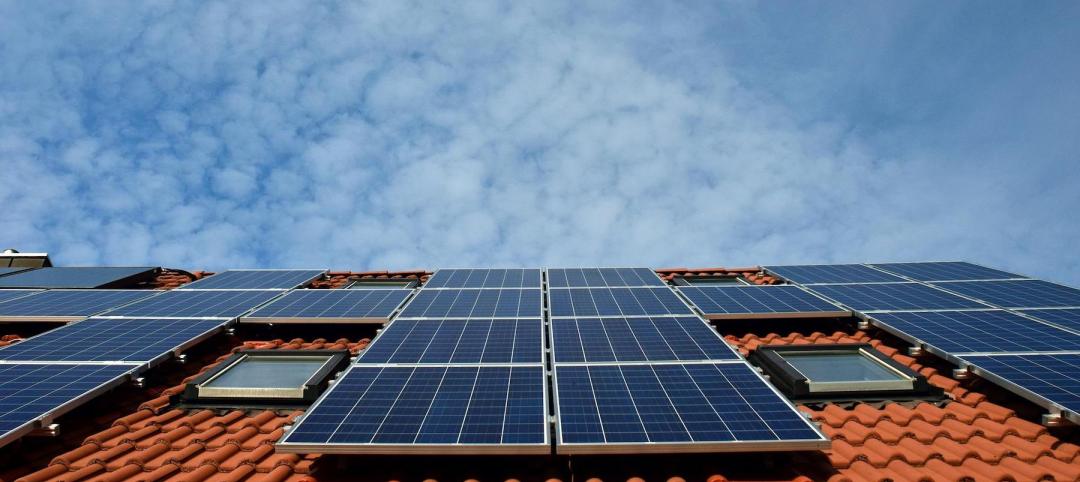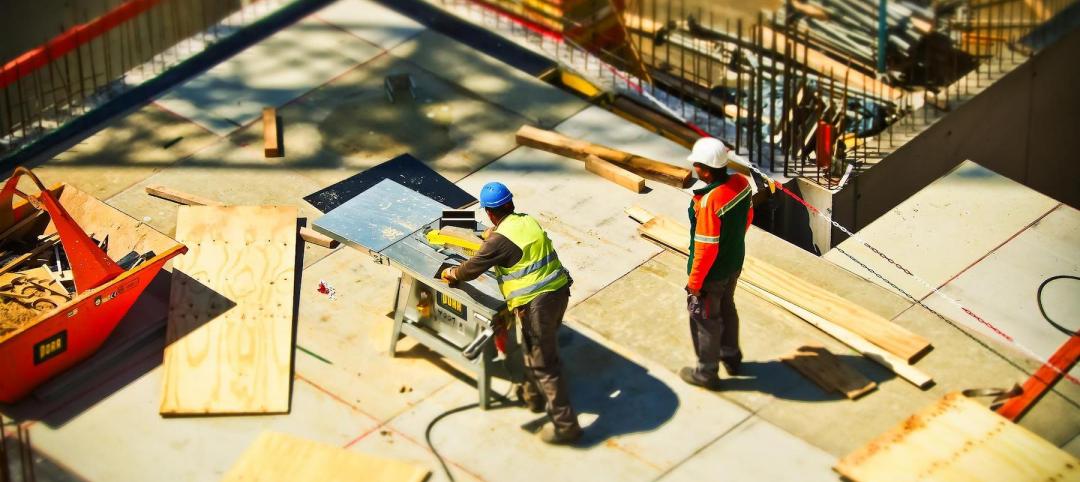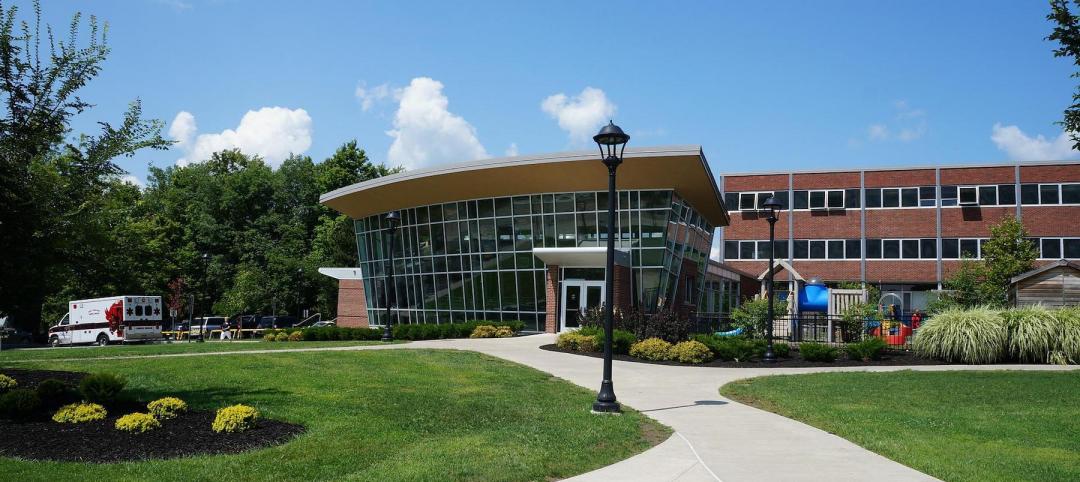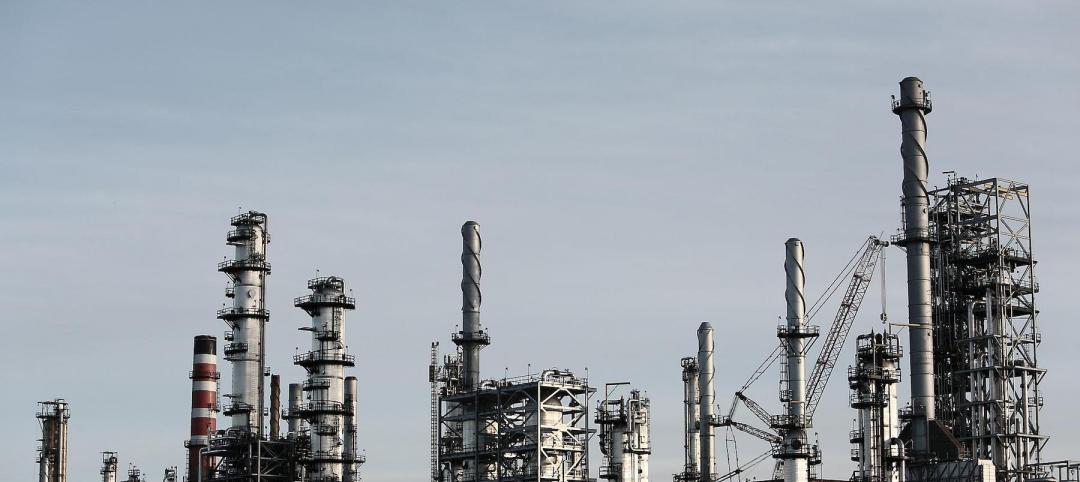A new concrete manufacturing technique extracts carbon dioxide out of the air, or directly out of industrial exhaust pipes, and turns it into synthetic limestone.
With cement manufacturing responsible for 4% to 8% of the world’s carbon dioxide emissions, this breakthrough could be a significant development in the effort to reduce greenhouse gas. Consider that the pace of construction worldwide has been robust, particularly in China, in recent years. And, cement production worldwide could grow 23% by 2050.
Portland cement is made with limestone that is quarried and then heated to high temperatures, an energy-intensive process that releases huge amounts of carbon dioxide. The new technique, which has already been demonstrated in California, could not only slow the advance of climate change, but actually help to reverse it.
The inventor was inspired by how coral transform minerals in seawater to a shell-like substance. The “low-energy mineralization” technique he developed turns captured CO2 into calcium carbonate, the material synthesized by coral.
Related Stories
Codes and Standards | May 16, 2022
AIA releases Justice in the Built Environment guide
The American Institute of Architects (AIA) recently published a new supplementary edition of the Guides for Equitable Practice, titled “Justice in the Built Environment.”
Codes and Standards | May 12, 2022
Solar industry creates non-profit to remove barriers to clean energy deployment
The Solar Energy Industries Association (SEIA) is launching a 501(c)3 non-profit organization to accelerate the transition to carbon-free electricity.
Green Specifications | May 12, 2022
MG2’s Sustainable Materials Evaluation System
Learn how MG2’s Sustainable Materials Evaluation System helps clients, prospects, and staff choose the most environmentally feasible materials for their building projects. Candon Murphy, LEED GA, Assoc. IIDA, Design Lab Manager and Materials & Sustainability Specialist with MG2, speaks with BD+C Executive Editor Rob Cassidy.
Esports Arenas | May 11, 2022
Design firm Populous partners with esports company on digital art NFT collection
Design firm Populous and multidiscipline esports organization Kansas City Pioneers have partnered on a five-part NFT collection.
Market Data | May 10, 2022
Hybrid work could result in 20% less demand for office space
Global office demand could drop by between 10% and 20% as companies continue to develop policies around hybrid work arrangements, a Barclays analyst recently stated on CNBC.
Standards | May 9, 2022
New GSA standards set carbon limits on building materials for all major projects
New General Services Administration standards place limitations on high carbon-emitting building materials for all major projects under the GSA umbrella.
Higher Education | May 5, 2022
To keep pace with demand, higher ed will have to add 45,000 beds by year-end
The higher education residential sector will have to add 45,000 beds by the end of 2022 to keep pace with demand, according to a report by Humphreys & Partners Architects.
Legislation | May 4, 2022
Washington is first state to mandate all-electric heat for new large buildings
Washington recently became the first state to require all electric heat for new buildings.
Sponsored | Healthcare Facilities | May 3, 2022
Planning for hospital campus access that works for people
This course defines the elements of hospital campus access that are essential to promoting the efficient, stress-free movement of patients, staff, family, and visitors. Campus access elements include signage and wayfinding, parking facilities, transportation demand management, shuttle buses, curb access, valet parking management, roadways, and pedestrian walkways.
Codes and Standards | May 3, 2022
American Institute of Steel Construction updates environmental product declarations
The American Institute of Steel Construction has released updated environmental product declarations (EPDs) “to help designers and building owners design more environmentally friendly buildings and bridges,” according to an AISC news release.

















